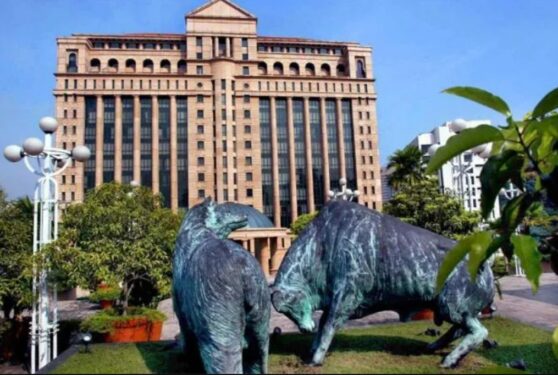By Devanesan Evanson
BE it a management buyout, mandatory takeover offer (MO) or privatisation, insider trading can ensue prior to the commencement of the negotiation process itself or even during the timeline between the ongoing negotiation and official announcement.
After all, the lengthy time frame makes it all the much easier – if not safer – for insiders who are privy to price sensitive information that has yet to be made public to indulge in buying or selling activities.
Such phenomena are common in some stock markets around the world. Share price runs up, followed by a public announcement which has positive news or the price nosedives, followed by a public announcement which has negative news.
Material price movements before public announcements are due to ‘leakages’ of price sensitive information which is utilised to commit insider trading.
But once the price and volume start to move, the technical trades (by chartists) or trades by momentum traders come into play, and it becomes challenging for the regulators to discern these trades from the inside traders’ trades.
Nevertheless, the regulators have been able to charge and bring about convictions for insider trading.
In the FELDA-FGV case, when the Cabinet gave the nod for the termination of the Federal Land Development Authority’s (FELDA) land lease agreement (LLA) with FGV Holdings Bhd on Oct 28, FGV’s share price closed at RM1.08 with 3.4 million shares traded.
Then, news broke out on Dec 8 that FELDA is planning to make a MO offer to FGV’s minority shareholders at RM1.30 per share. When the offer was made, FGV’s share price ended unchanged at RM1.27, very close to the MO price of RM1.30, with 8.01 million shares transacted.
But there was a 17.6% (or 19 sen) increase in FGV’s share price between Oct 2 (RM1.08) and Dec 8 (RM1.27).
There is a possibility that some insiders may have been embroiled in illegal trading between that period and gained up to 19 sen per share from their illegal trading activity.
Insider trading is the transacting of a security by insiders who possess price sensitive information that is not available to the public.
Such insiders capitalise on this unlevel playing field. Insider trading is a criminal offence and comes under the purview of the Securities Commission (SC). The SC has in the past brought about successful fines and/or convictions for the offence of insider trading.
To be precise, almost anybody – whether they are the company founders, brokers, lawyers, family members, friends or employees – who possesses price sensitive and non-public information can commit the illegal act of insider trading.
On Dec 23, Cheah Yew Keat, the former managing director of DIS Technology Holdings Bhd was convicted of insider trading by the Kuala Lumpur Sessions Court and sentenced to spend one day in jail and to pay a fine of RM1 mil.
The charge of insider trading was under Section 188(2)(a) of the Capital Markets and Services Act 2007 (CMSA).
This occurred while Cheah was in possession of material price-sensitive in-formation that was not generally available, namely the alleged misstatement of DIS Technology’s quarterly financial reports between third quarter of 2008 and fourth quarter of 2009 which would significantly impact the company’s financial results.
Some say insider trading is a faceless crime; there is no victim; the victim is the investor who trades without the benefit of the inside information. – Dec 28, 2020
Devanesan Evanson is the CEO of the Minority Shareholders Watch Group, an independent research organisation to encourage good governance among public listed companies with the objective of raising shareholder value over time. He can be reached at [email protected].
The views expressed are solely of the author and do not necessarily reflect those of Focus Malaysia.










